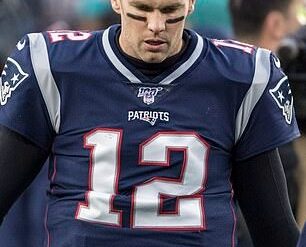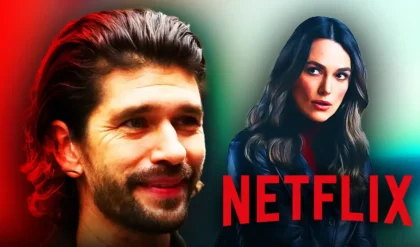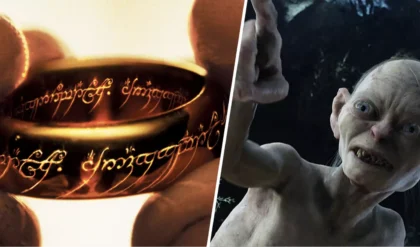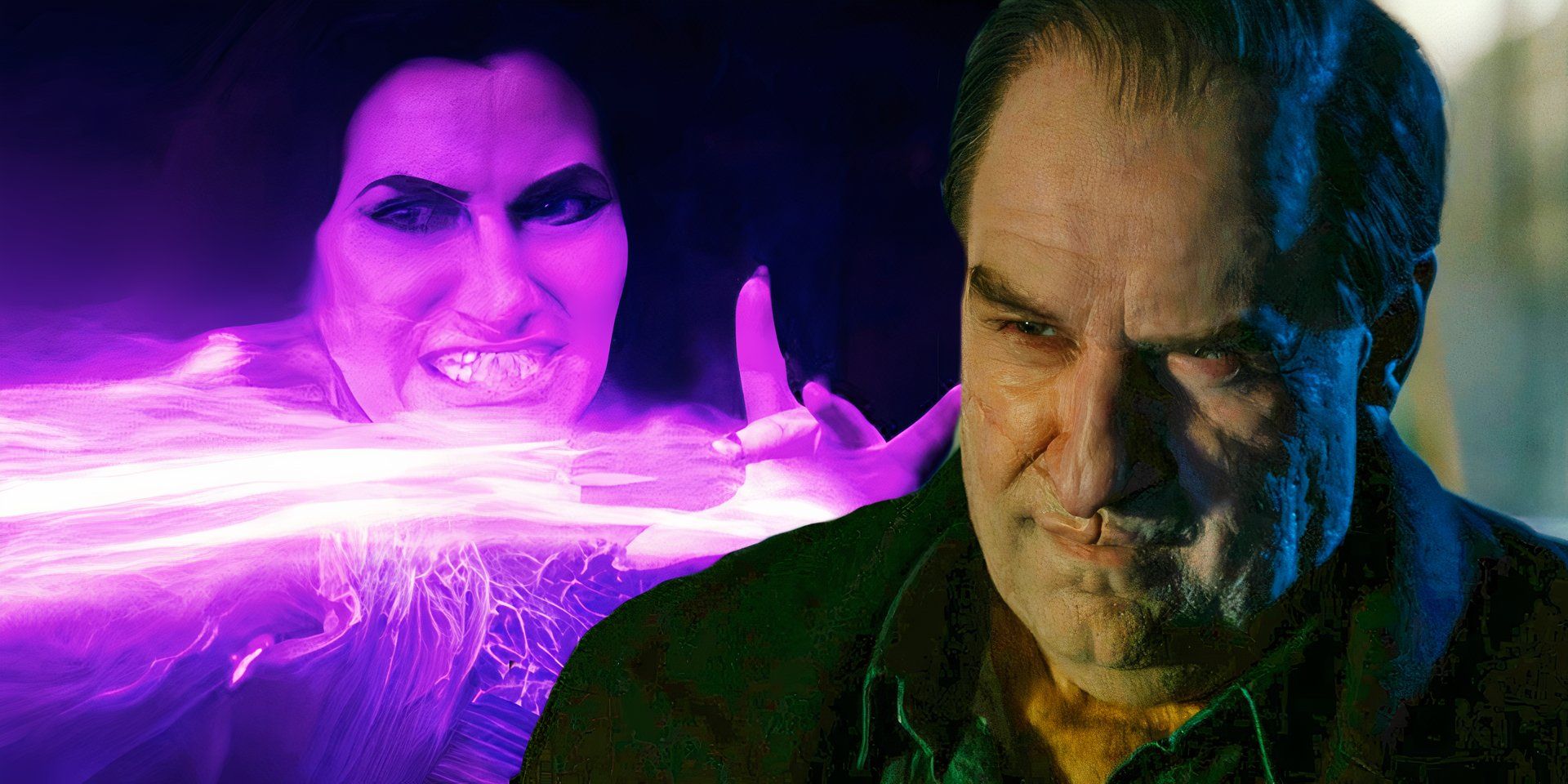
Agatha All Along centers around Agatha Harkness, the witch who manipulated Wanda in Wandavision and tried to steal her powers. The series follows her as she embarks on the Witches’ Road to regain her powers. The Penguin is set in Matt Reeves’ The Batman universe, following the first film’s events. It chronicles Oz’s rise to power amidst a power grab between the criminal gangs in Gotham after Carmine Falcone’s death. These shows are different in many ways, but they offer a refreshing perspective on villains that other projects are too afraid of.
Agatha All Along And The Penguin End Without Redeeming Their Main Character
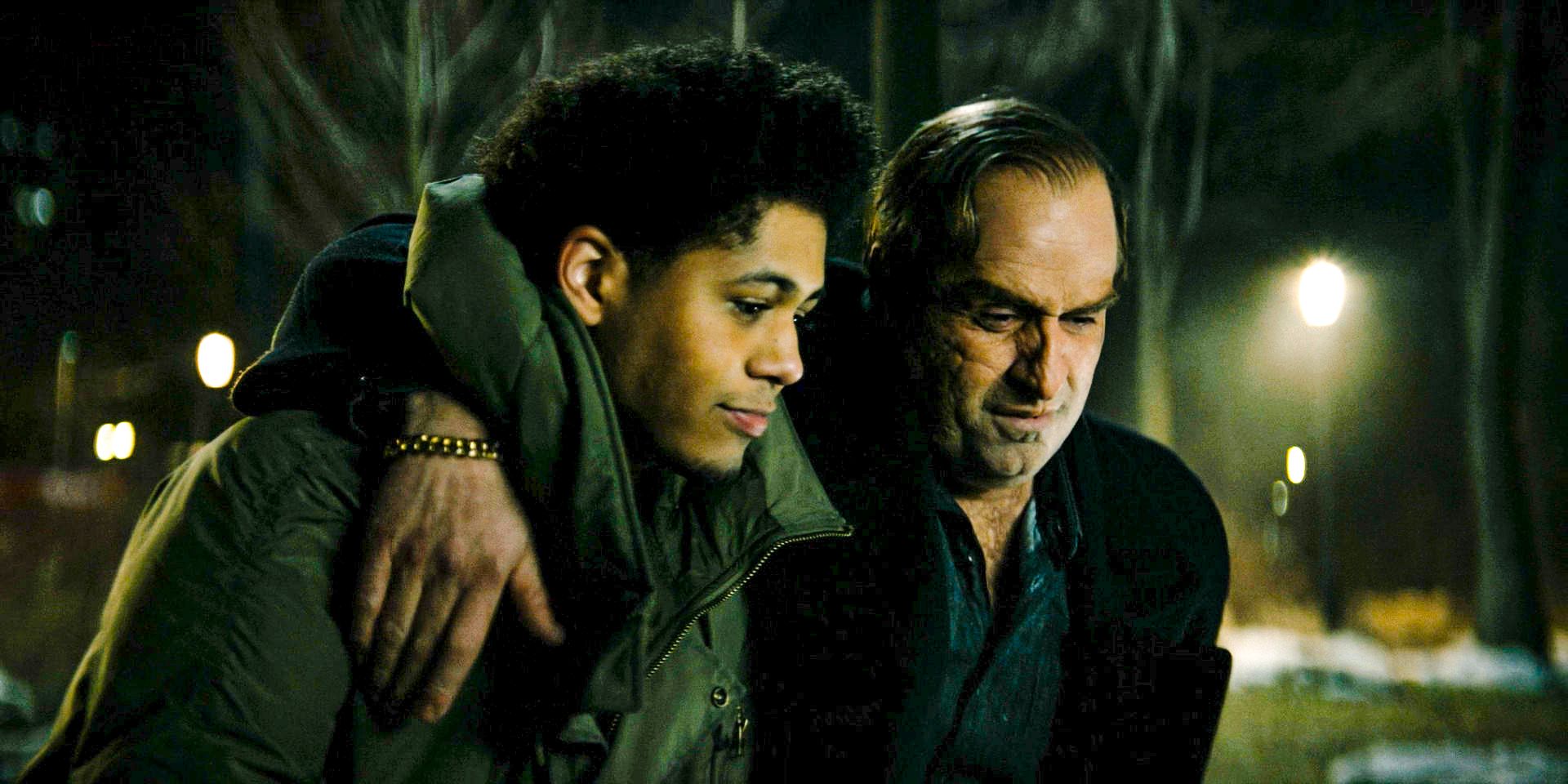
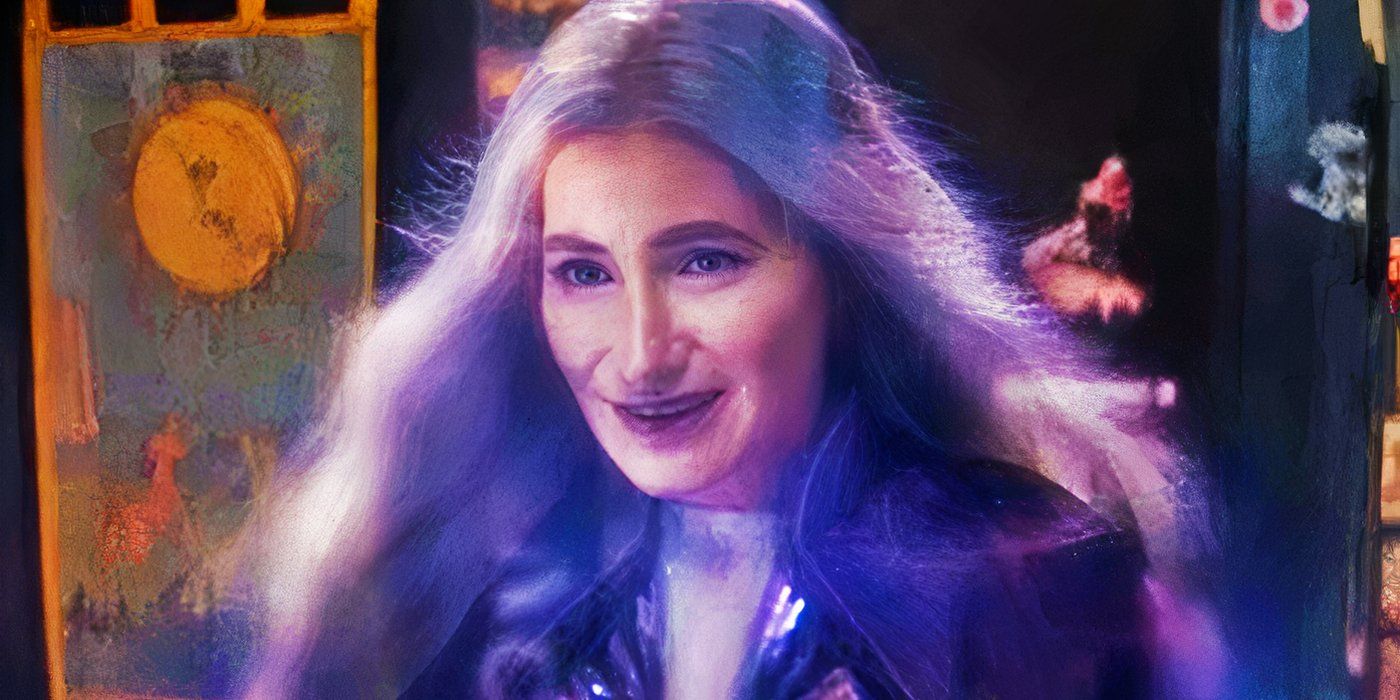
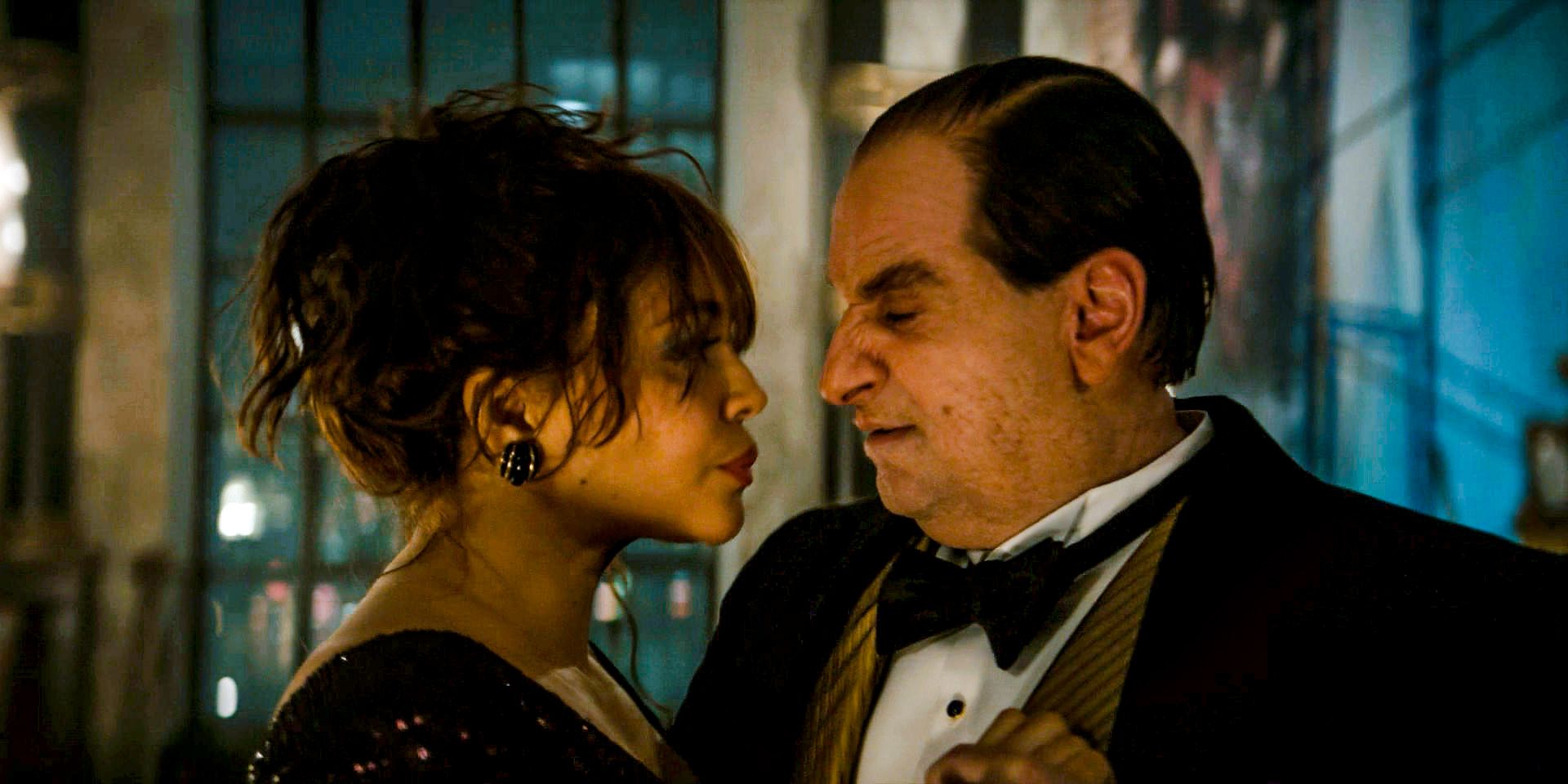
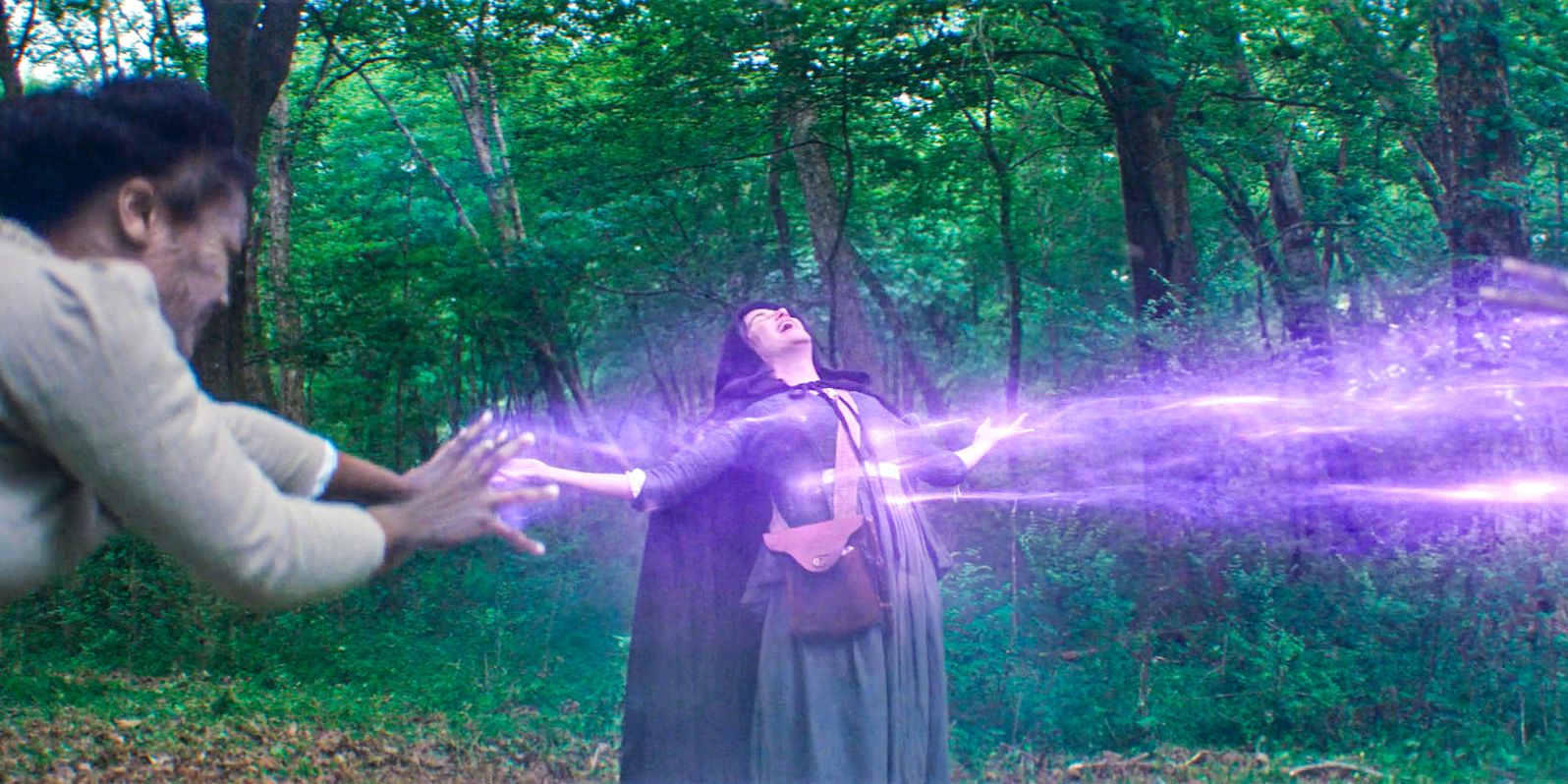
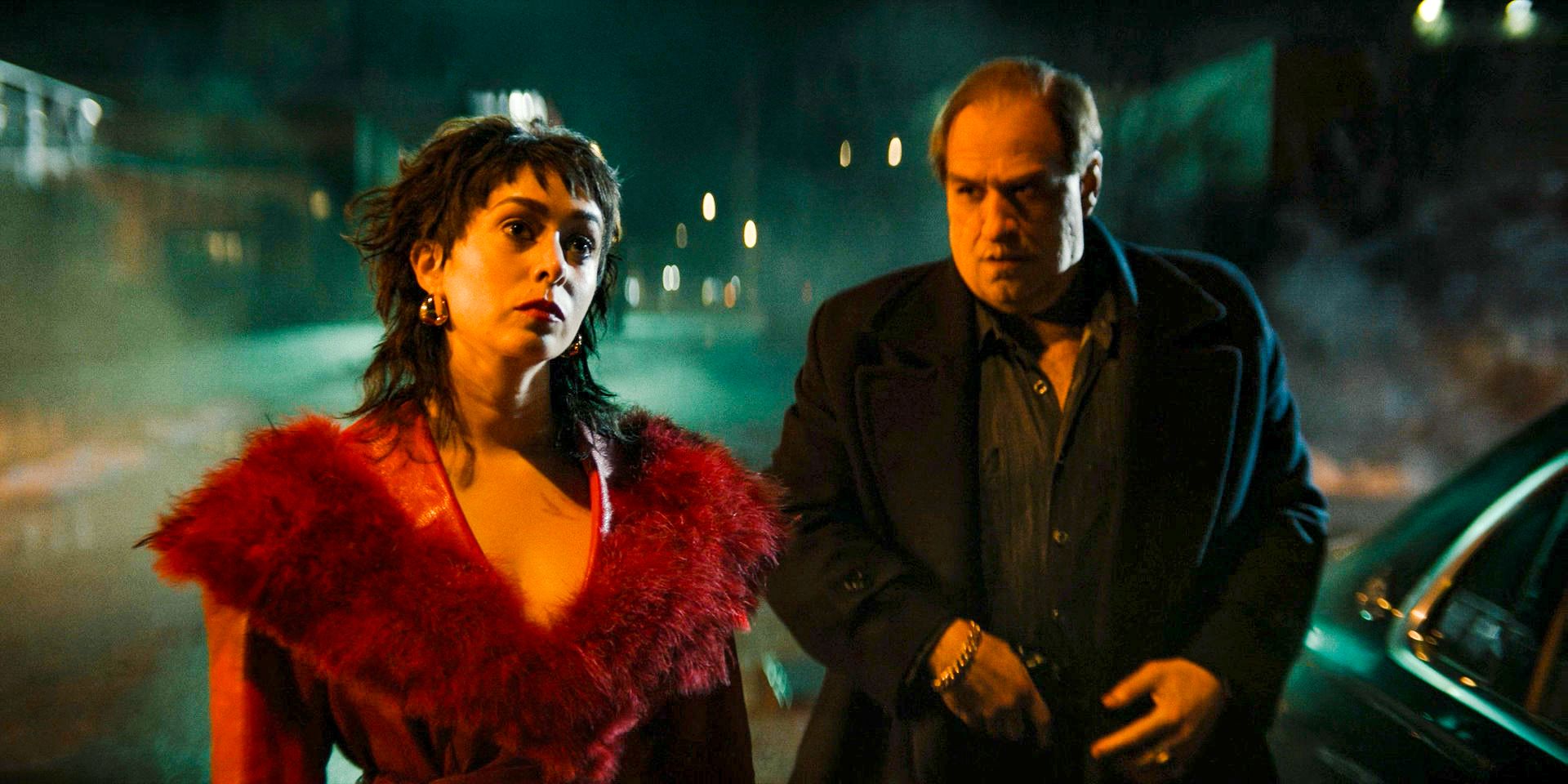





The Penguin and Agatha All Along are about villains, and the shows make sure to underline this fact. While there are moments when I rooted for the main characters, the show would quickly remind me that these are not good people, and I’m supposed to condemn their actions. Agatha is initially helpful to Teen and her coven, taking them to the Witches Road to give them what they’re searching for. However, the Agatha All Along ending concludes with the reveal that Agatha has been scheming the whole time.
The Witches Road isn’t real, and she has lied to witches throughout history to kill them and steal their powers. While the series shows Agatha was initially killing witches to try and protect her son, her decision to continue this approach long after his death is far less morally complex – especially since she admits she had intended to repeat this trick with her own coven. Though Agatha’s sacrifice suggests there’s some moral complexity to her, she still seems unrepentant for all of her past misdeeds, underscoring that the show isn’t about giving the character a redemption arc.
The Penguin ends with Oz defeating Sofia and taking control of Gotham’s criminal empire. While I initially celebrated with Oz and Vic, the show pulled the rug from under us by having Oz kill Vic to remove his only weakness. It’s a swift reminder that Oz is a monster, brilliantly turning the audience on Oz before Batman, hopefully, destroys him.
Recent Superhero Movies And Shows Tend To Turn Their Villains Into Heroes
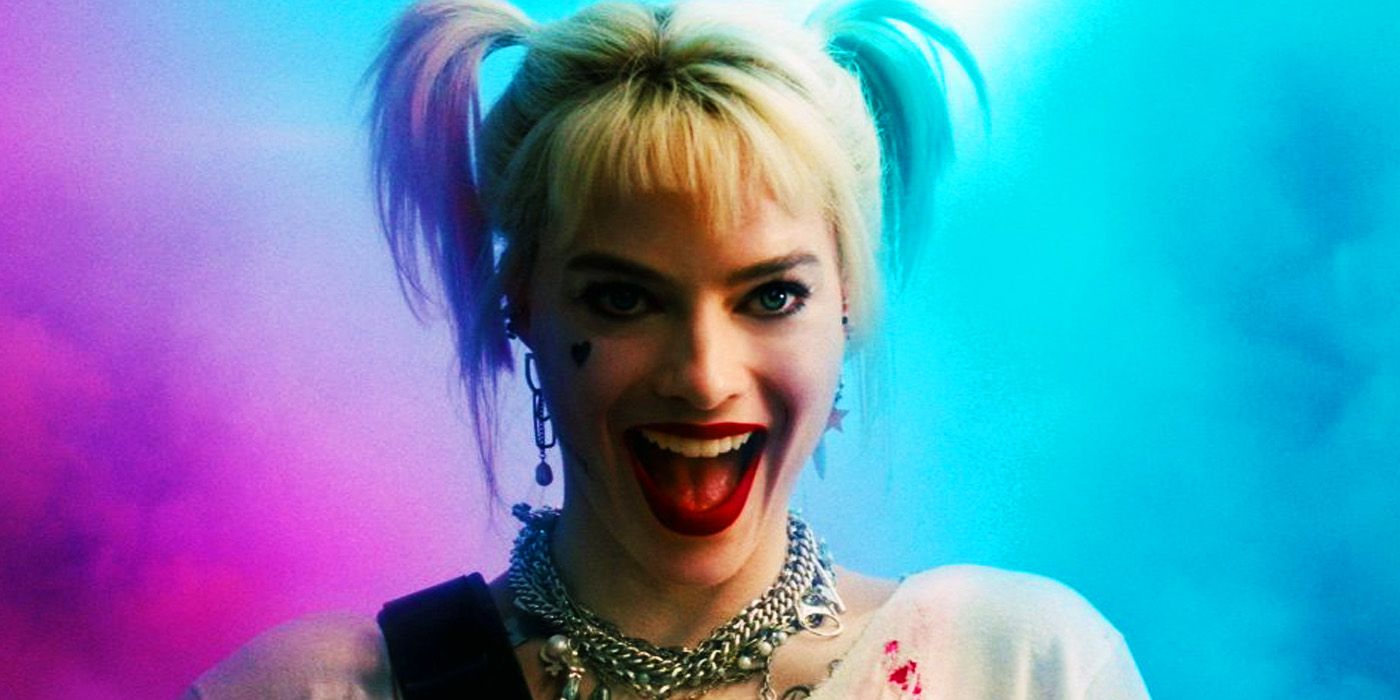

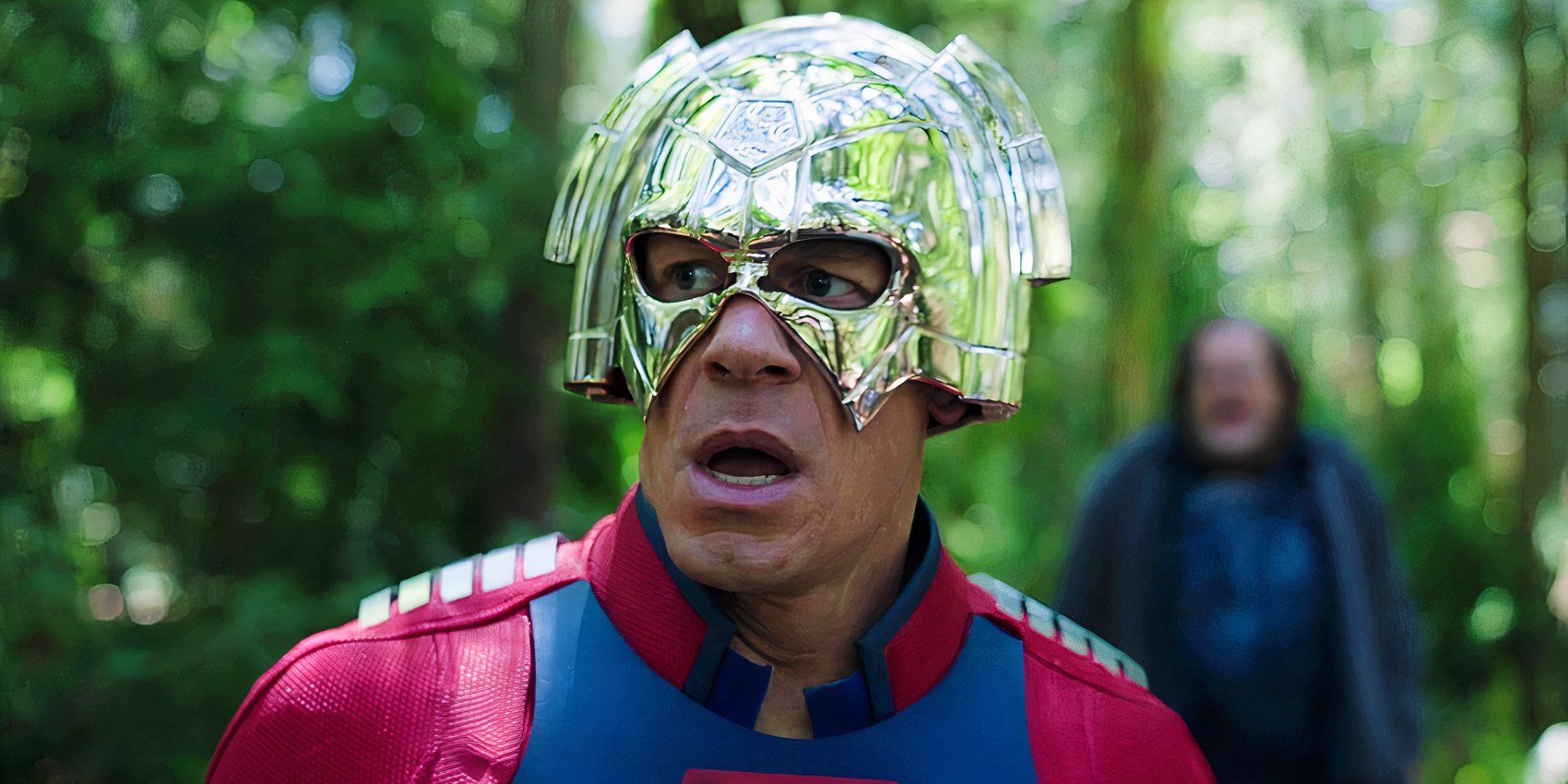
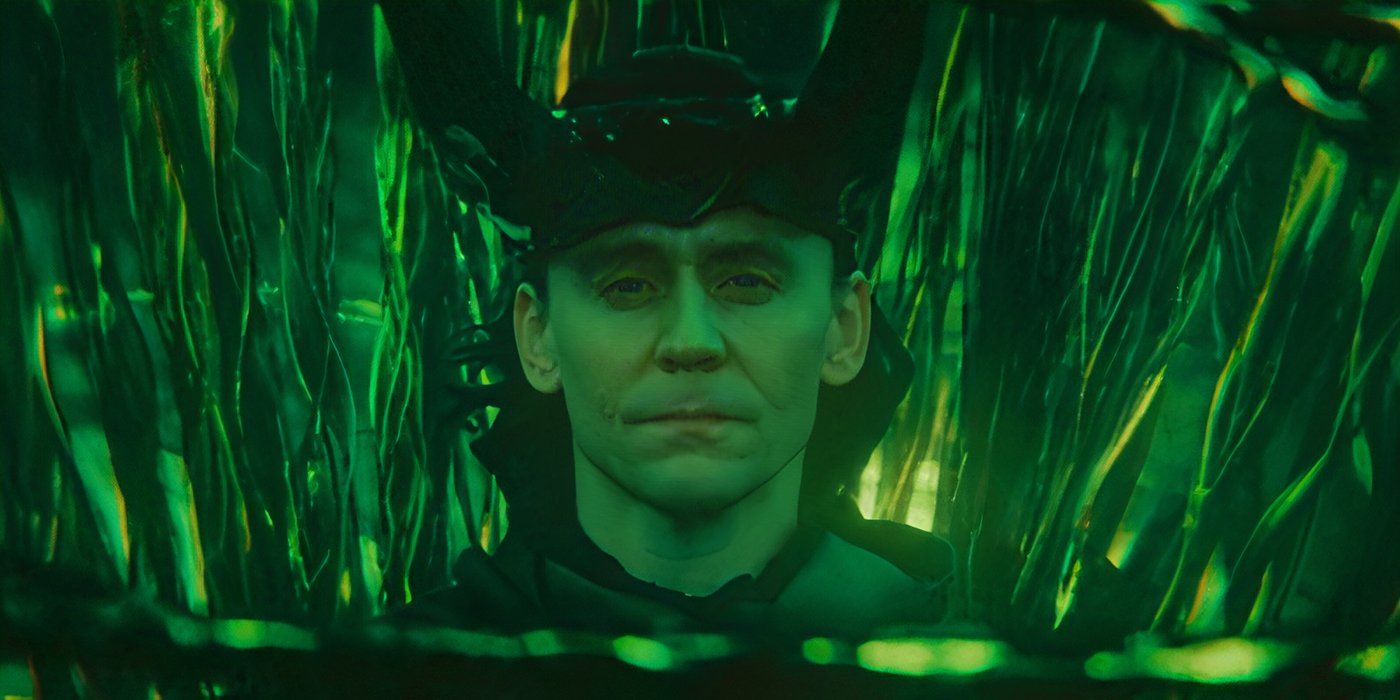
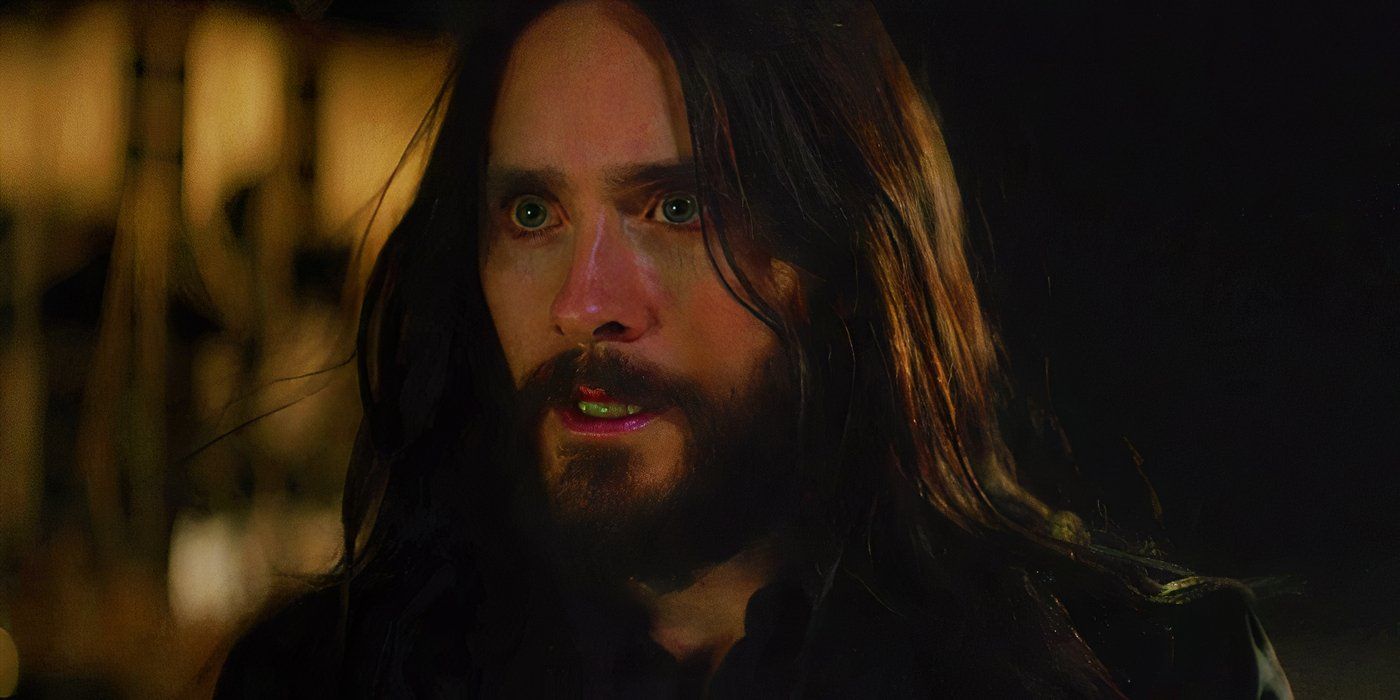





I’m glad to see Agatha All Along and The Penguin refuse to turn their villains into heroes like many recent comic book projects. Shows like Loki and Peacemaker took characters labeled as villains and made them the heroes of their story, even if they are still morally flawed. Similarly, Sony’s Spider-Man Universe films have turned many of Spider-Man’s best villains into likable heroes. The problem with that approach is that it wouldn’t make sense for Morbius or Venom to fight Spider-Man, since they have no evil ambitions.
Another character who has transitioned into a hero is Harley Quinn. Projects like Birds of Prey and the Harley Quinn animated series have given Harley her power back from the Joker and made her autonomous. While she remains a criminal, she still fights many of Batman’s villains, even helping him in a few circumstances. While this direction can work for characters like Harley, it doesn’t work for everyone – especially if it’s overused – and I’m relieved that Penguin and Agatha can still be perceived as villains after their DC and Marvel shows.
